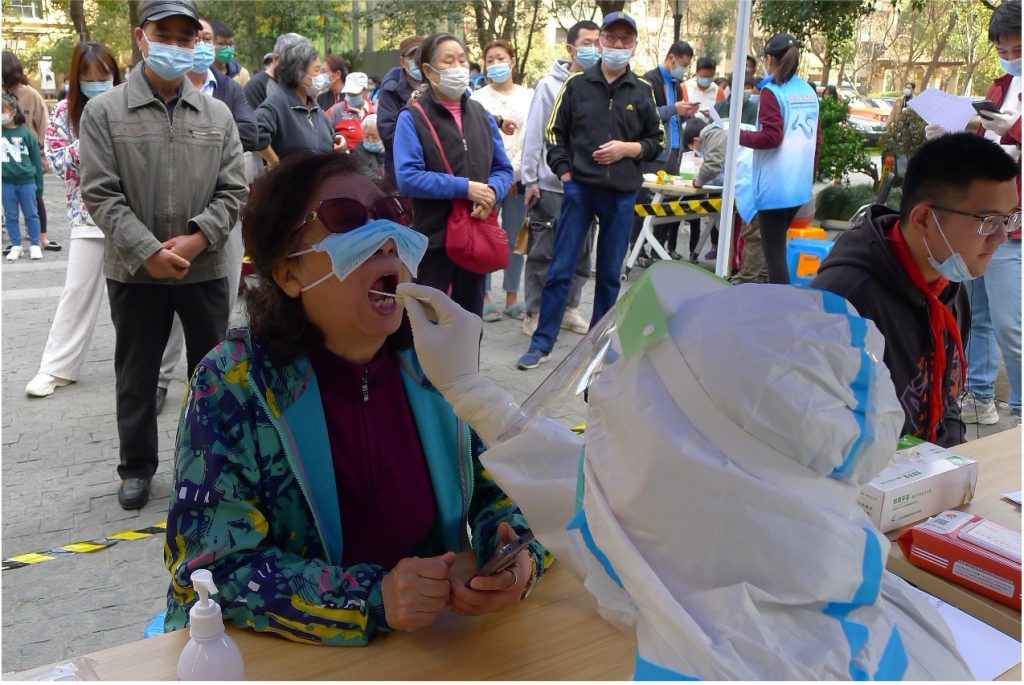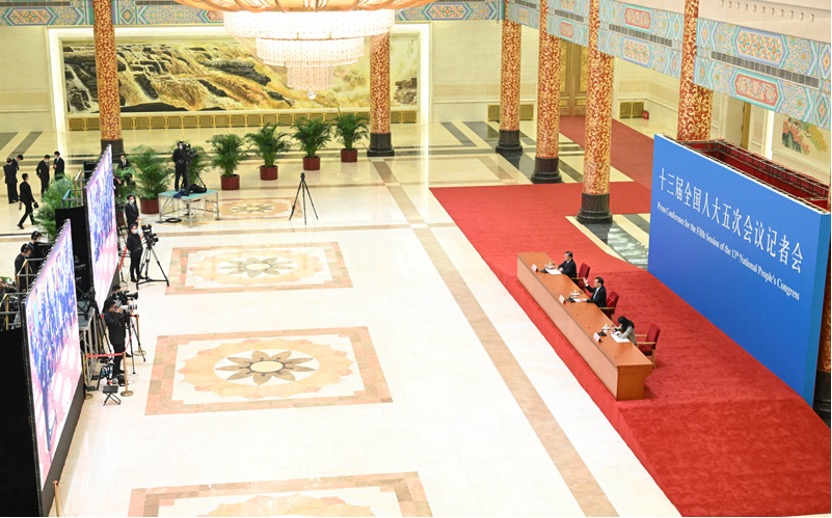Reporting from Shanghai during China’s Fiercest COVID Resurgence since 2020
Reporting from Shanghai during China’s Fiercest COVID Resurgence since 2020
 In wake of the fifth (and largest wave) of COVID-19 in Hong Kong, the Chinese mainland has witnessed the fiercest resurgence of the virus since it initially broke out in Wuhan in early 2020. With the number of infected and asymptomatic cases continuing to rise, measures are being tightened and domestic travel policies are once again becoming unfriendly for the business community.
In wake of the fifth (and largest wave) of COVID-19 in Hong Kong, the Chinese mainland has witnessed the fiercest resurgence of the virus since it initially broke out in Wuhan in early 2020. With the number of infected and asymptomatic cases continuing to rise, measures are being tightened and domestic travel policies are once again becoming unfriendly for the business community.
Unlike the city-wide lockdowns in early 2020, Shanghai and major cities with populations over 10 million have taken a different approach. However, the “iron-fist” style of COVID restrictions largely remains in place. Lockdowns are imposed in an orderly fashion and residential compounds take turns in implementing 48-hour quarantine periods. All residents in their respective quarantine areas are required to take two nucleic tests, one in each 24-hour period. Cordons are subsequently removed after two “clean” testing results, otherwise a full lockdown for 14 days (or longer) is implemented when positive or inconclusive results are returned. Because testing and quarantine are initiated without notice to avoid unjustified absences, businesses are indiscriminately hampered by unplanned staff leaves and the operations of local government offices are reduced to minimum levels.

Nucleic test for one residential compound in Hongkou district Shanghai on March 16.
The current swell in demand for quarantine facilities has quickly crammed the places used over the past two years, when China managed the pandemic at a comparatively acceptable level. As local authorities commandeer hotels and guest houses of varying quality to make extra room, the living standard in these facilities is far from ideal, according to my exchanges with newly arrived members from Canada.
The inbound international flights of five Chinese airlines will be rerouted from Shanghai to 12 other cities, namely Chengdu, Dalian, Fuzhou, Hangzhou, Jinan, Kunming, Nanchang, Ningbo, Xiamen, Taiyuan, Changsha and Chongqing, after March 21 to alleviate the mounting pressure. Whilst most newly arrived travelers roll the dice on their quarantine hotel selection, the CCBC China team is well supported and favoured by its long-standing government partners in the process of sleuthing for alternatives.
The month of March is anchored by the most important political events in China, the “two sessions”— which are officially titled as the Chinese National People’s Congress (NPC) and Chinese People’s Political Consultative Conference (CPPCC). The press conference of the Chinese Premier has been generally perceived as the highlight of this one-week long democratic exercise of the Chinese people since it began in 1991. Premier LI’s comments on US-China relations call for communication and mutual understanding. By illustrating the 30% growth of bilateral trade in 2021 (which rounds up to $US 750 billion, Premier LI has reiterated the copious potential of international economic collaboration and welcomes healthy and fair competition in the global market. The poetic ending to his remarks — “择宽处行,谋长久利” (Zé kuān chù xíng, móu chángjiǔ lì) roughly translated to “Choose lenient ways, seek long-term benefits” — aims for the pursuit of common ground between the two nations.

I have had the privilege to act as interim chapter director in the Atlantic region since the beginning of this year, and I will soon be moving to Halifax for a four-month assignment. Although I was actively engaged with the region through provincial leadership visits and trade missions to China while running the Shanghai chapter, since taking on the new role I have been utterly impressed by the economic vitality and resilience of the Atlantic provinces. Kudos to Laura Markle, my predecessor, who ensured that an extensive and diverse group of experienced executives were drawn upon to lay a concrete foundation for CCBC’s development in Atlantic Canada. I can’t wait to explore new possibilities with like-minded members and friends and bridge more interesting opportunities between Eastern Canada and China. I can be reached at edward@ccbc.com.cn.
